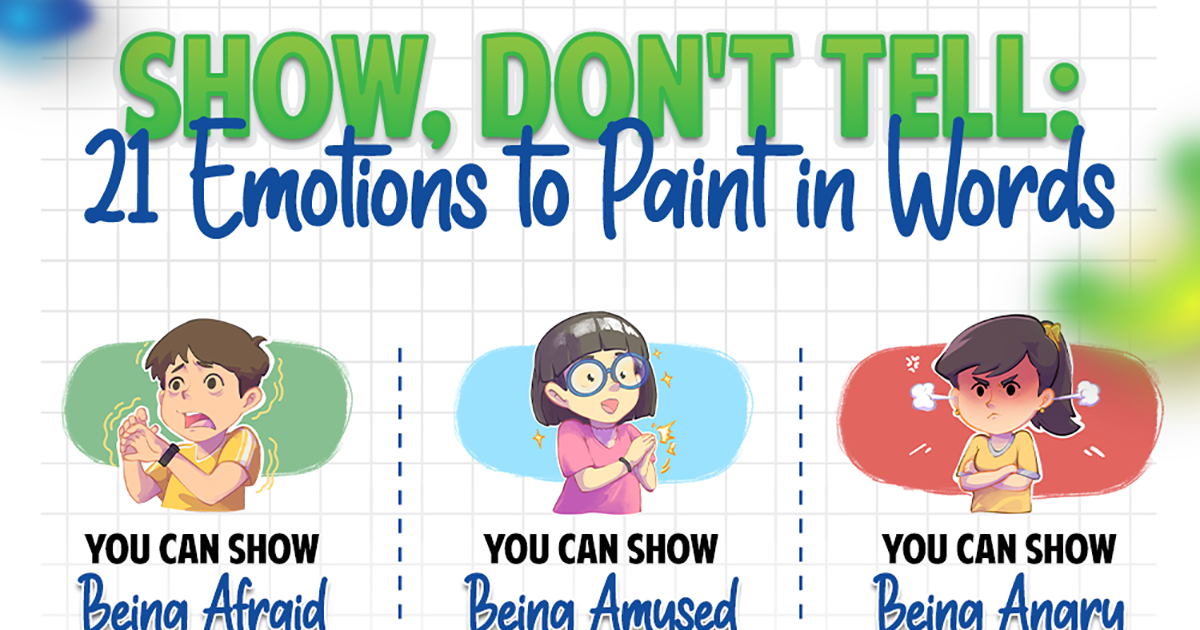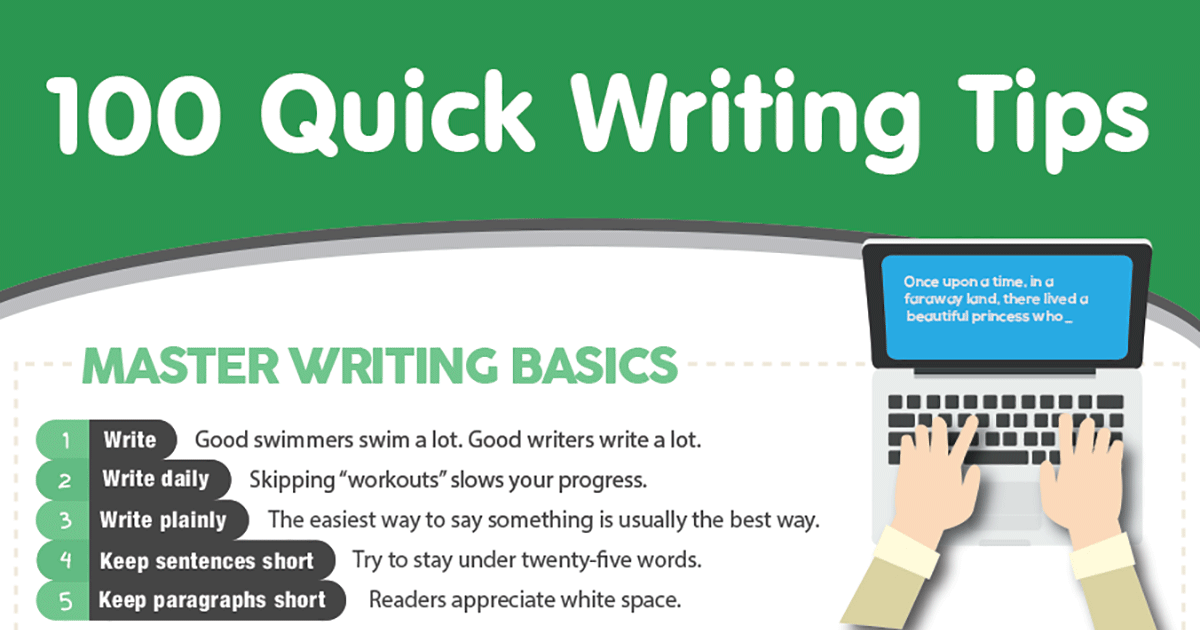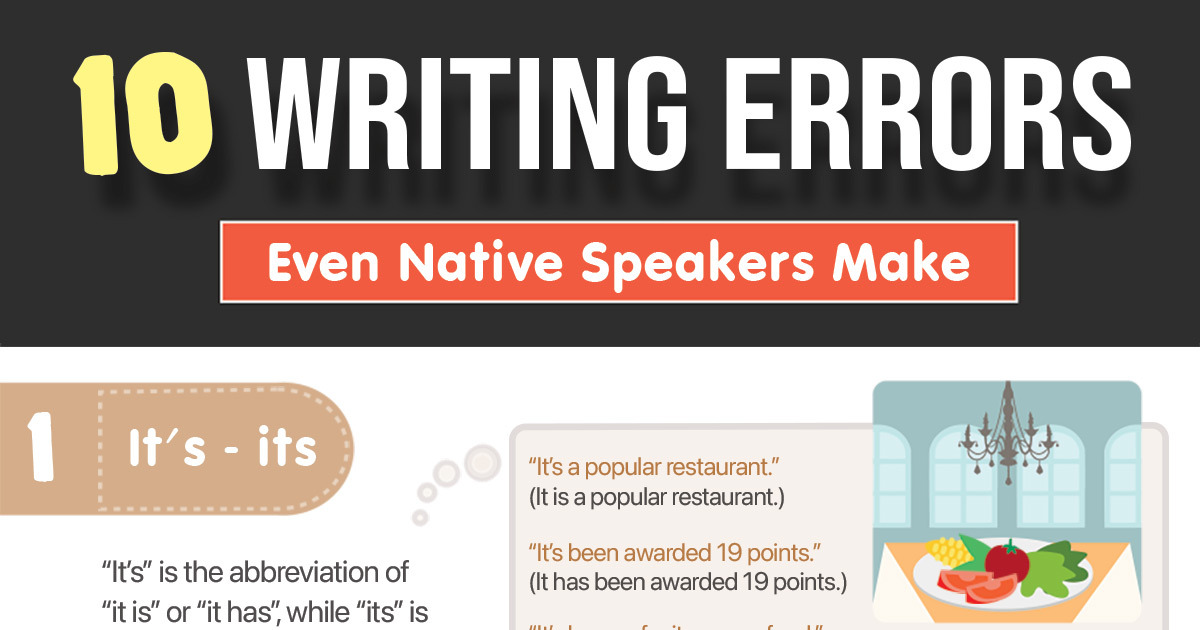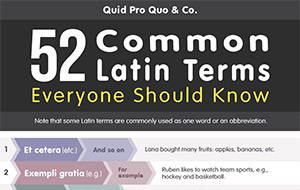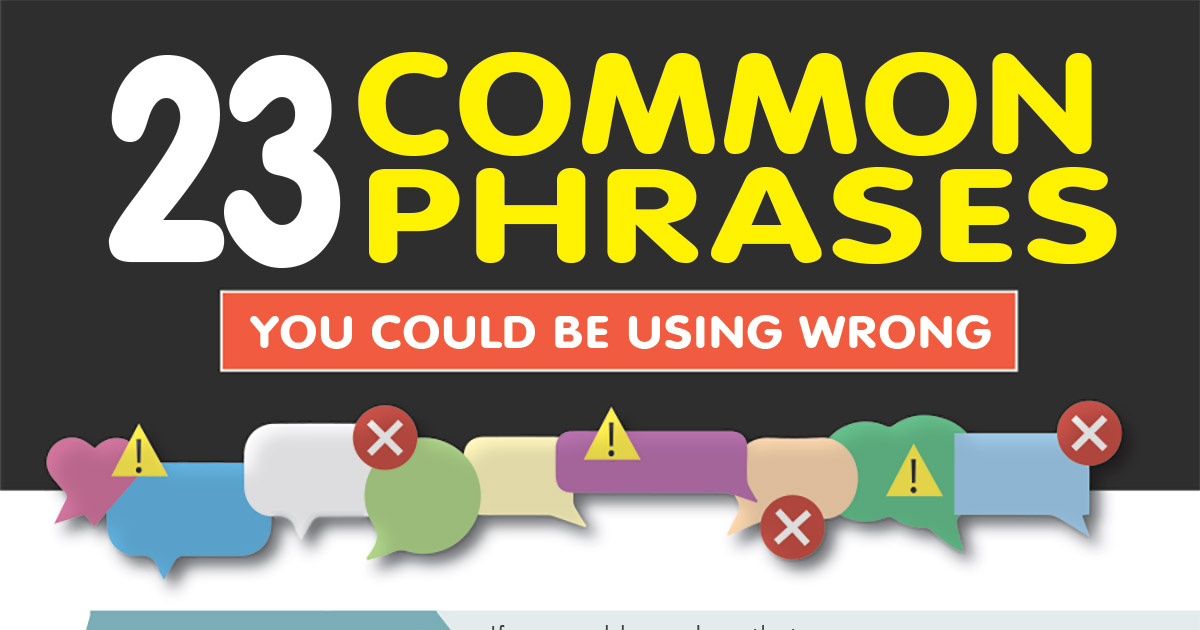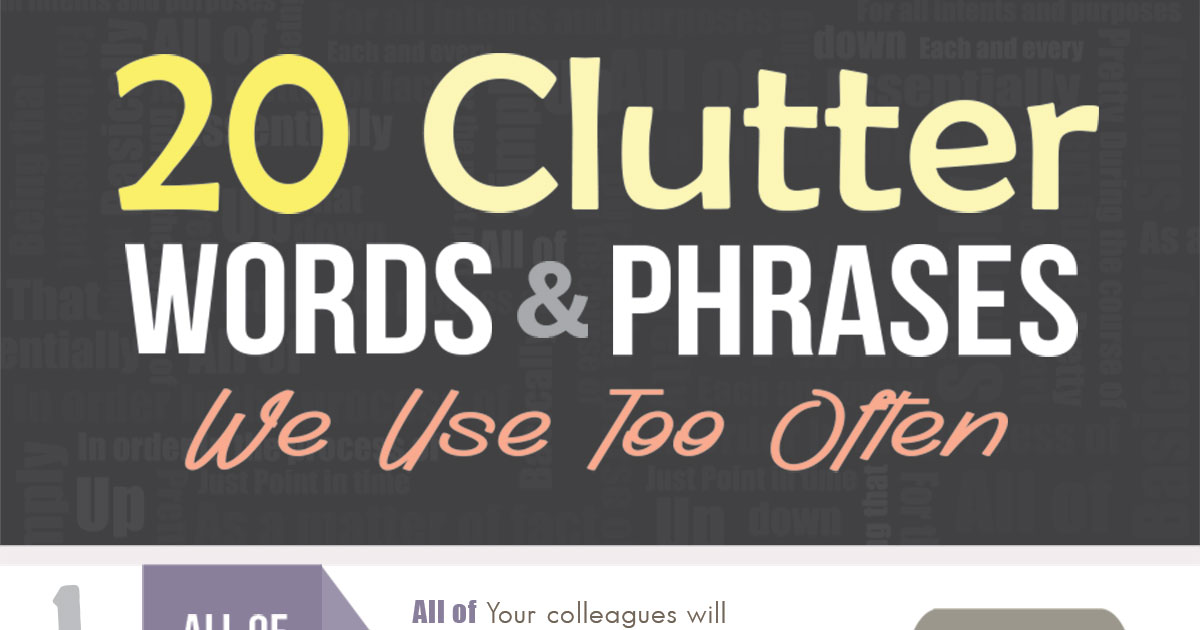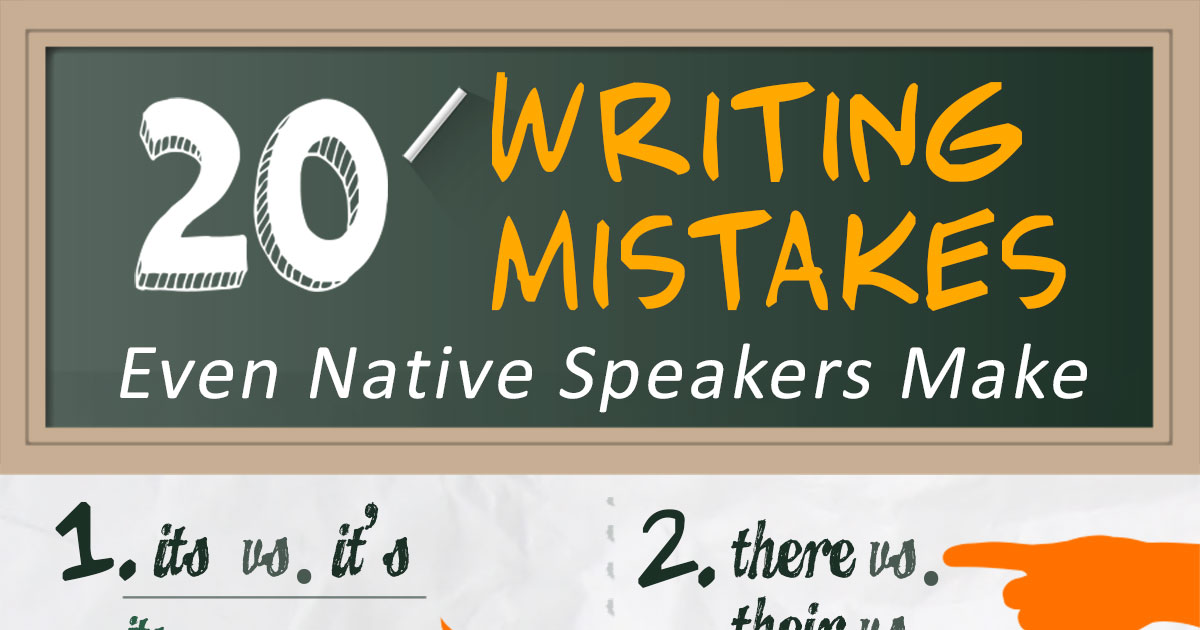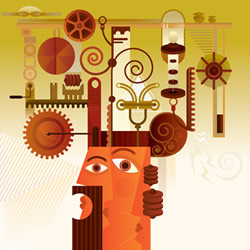 Engineers are the backbone of the modern world. They design and construct our world, bringing new innovation to our lives. But one thing engineers often take for a given is that their ideas, concepts and plans will be understood by others responsible for executing their vision. And this is where problems arise. Poor communication means delays, technical problems and even failure.
Engineers are the backbone of the modern world. They design and construct our world, bringing new innovation to our lives. But one thing engineers often take for a given is that their ideas, concepts and plans will be understood by others responsible for executing their vision. And this is where problems arise. Poor communication means delays, technical problems and even failure.
The fact is, all engineers are required to communicate via reports, recommendations and e-mails, and therefore, to rise to the top of the industry, an engineer must develop high-level writing skills.
1. Write Clearly & Transparently
Not every person who reads your plans or proposal will have an engineering degree. Ask yourself who will be reading the document, and consider the key points you want to convey. It is essential that you create reader-friendly text that will be understood first time by the reader.
If you are asking for approval of large expenditure, it is likely that you have just one shot at getting the go ahead. Don’t waste your opportunity by confusing the reader with pages and pages of verbiage. Get to the point by using concise sentences that create the necessary impact for important information.
2. Spell Out Abbreviations
Standard engineering practice is to spell out engineering terms the first time they are used and to put the abbreviation in brackets. From this point onwards you can use the abbreviation rather than spelling out the term each time. However, don’t assume the person reading the document understands the abbreviation straight off the bat; this looks arrogant and lazy. Also consider that some terms may appear confusing or contradictory for the reader. For example, AC could be referring to either ‘Air-Conditioning’ or ‘Alternating Current.’ Be clear and leave no room for misinterpretation.
3. Steer Clear of Big, Unnecessary Words
Due to the complex nature of engineering there is a tendency to use big words when describing processes and vision. But doing so is contradictory to what you are trying to achieve. The beauty of world-class engineering is its ability to appear simplistic and effective rather than complicated and cumbersome, even though at the very core its technicality may be well beyond the understanding of the average person. The last thing you want is for your vision to misunderstood and branded “too difficult”, and so, even when pushing the outer limits of technology and science, do your level best to make implementation appear as straight-forward as possible.
4. Avoid Company-Specific Jargon
In the engineering industry it is common for company-specific jargon to manifest itself among employees. This can also happen to self-employed engineers who work in tight circles. It is easy to fall into the habit of using this jargon when communicating with peers, and then to forget you are using the same jargon with those outside of your circle. Avoid jargon that is peer/ company-specific when writing documents. Failing to do so may instill a habit that may come back to bite you later down the line.
5. Adhere to Document Layout Requirements
Even the most accomplished engineer has to follow guidelines for document submission. So before submitting a proposal or project plans make sure you enquire as to the requirements of the company or person(s) you are working for. For example, document submission guidelines differ in the public and private sectors, and in specific cases you may be required to follow guidelines you haven’t come across before.
Also remember when putting a document together that there is nothing worse than huge blocks of text thrown onto a page, absent of proper paragraphing, bulleting and numbering. Make sure you break your document down into highly readable bite-sized chunks, and focus on emphasizing key points/facts by separating them from other not so important aspects of the text.
6. Avoid Diagram Ambiguities
You might think that the diagram you spent an entire day putting together is self-explanatory, but the person reading your document may think it is annoyingly confusing. Never leave these things to chance. If there is anything about a diagram that could be misunderstood or misinterpreted then write a paragraph below explaining dimensions, technical details, cost and whatever else might cause the reader to question its meaning.
7. Always Complete a Final Draft
Your engineering skills might be amazing, but how often does a project NOT need revising, even if just a little. Well, the same goes for your writing. Every written communication needs a final draft before it lands in the lap of its target audience. Read your document one final time and make sure your grammar is on point, your spelling correct and your syntax as good as it can be.
8. Employ a Second Set of Eyes
When pitching for funding or a contract you can’t afford to be misunderstood, not just in terms of confusing sentences but also in terms of the recipient assuming you are lazy and incompetent because your work contains grammatical errors. And this is where a second set of eyes is a must. Whether it’s a well-read work colleague or a friend who teaches English, employ a second set of eyes to proofread your work and spot those errors you missed.
9. Sign and Date Your Work
Always sign and date your work when it is to be read by an external source. This demonstrates to the reader that you have confidence in your work and are willing to put your name to its creation. Signing off your work will also have a psychologically impact on the quality of your writing. It will force you to double check your work and ensure that no stone has been left unturned.
10. Set Aside Reading Time to Become a Better Writer
Ask any good writer for tips on how to become a better writer and they will tell you to read more. Read more books by great writers, read more articles by great journalists and read more engineering industry literature from respected writers in the field. Take note of how great writers take a complicated subject matter and make it understandable for the average Joe. Remember, the written word is your tangible evidence of output. If documents are difficult to read they will not convey the intended message, and the vision will be misconstrued.
Becoming a world-class engineer is about striving for best practice. This best-practice must encompass all areas of your work, which includes your writing skills. Ignoring the power of the written word could cost you valuable career progression. Start becoming a better writer today.

